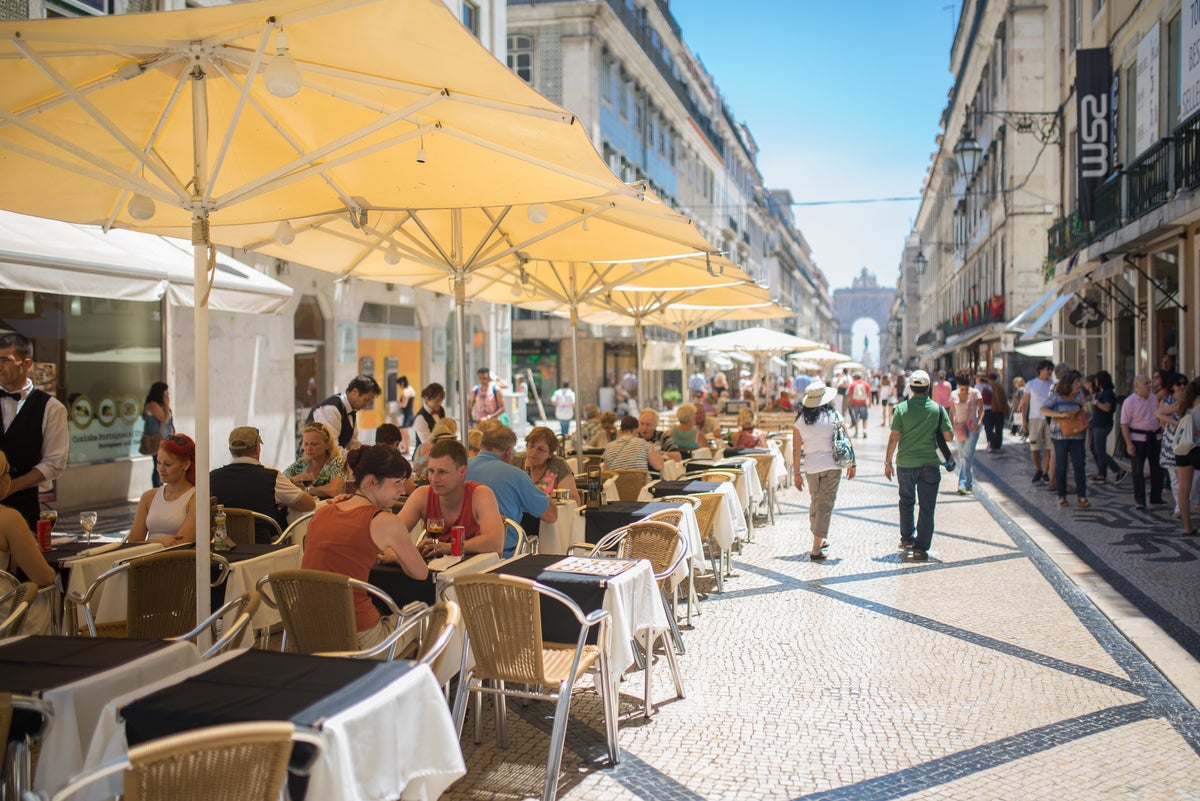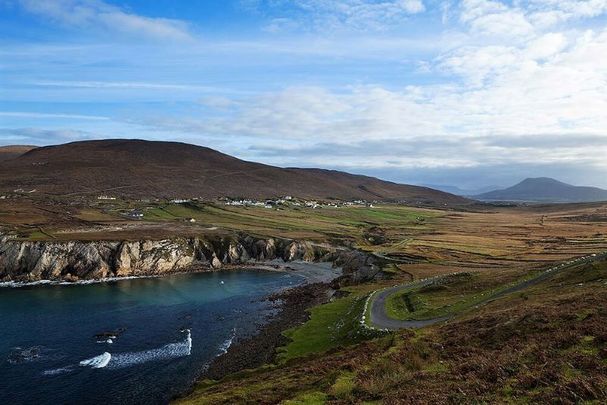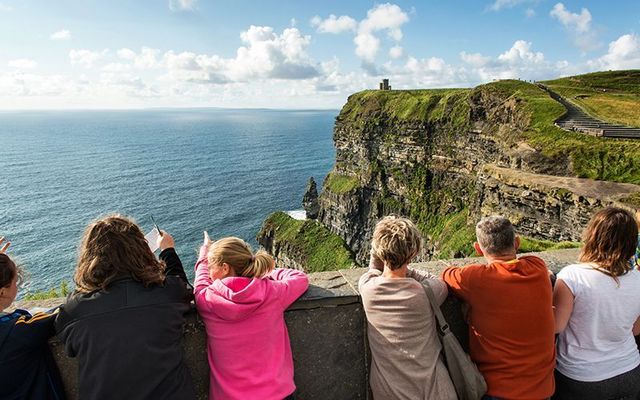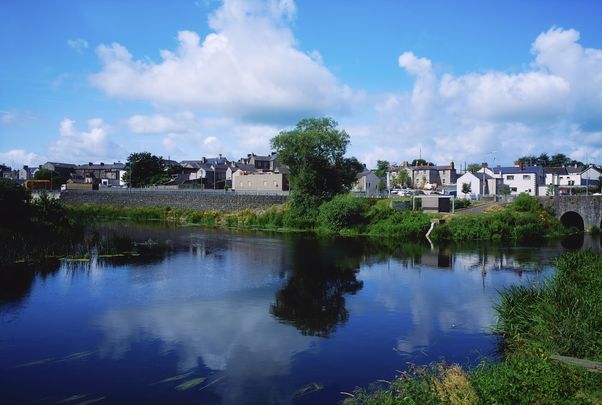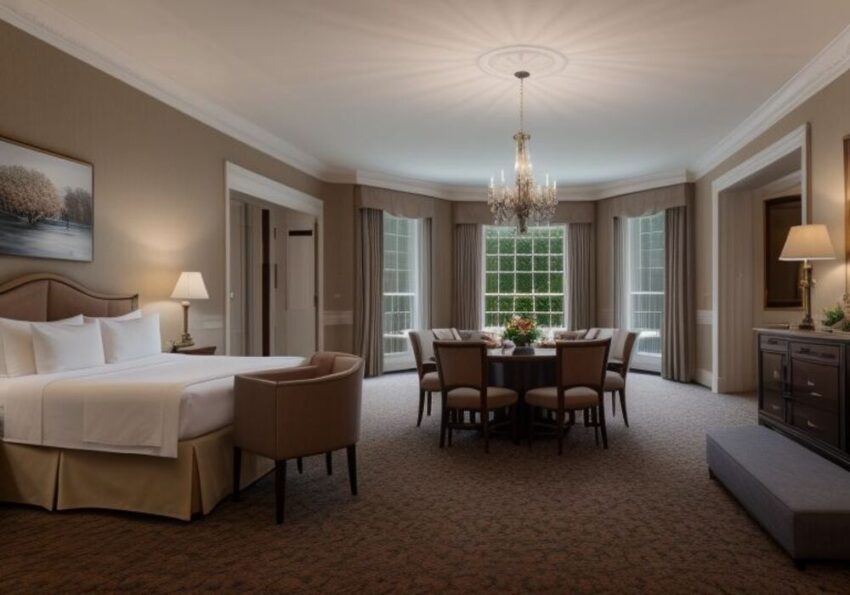Restaurants in Lisbon are allegedly charging tourists higher prices for meals than locals in a “discreet scheme” of “inconspicuous” whispers. According to the Portuguese weekly newspaper Expresso , multilingual menus at traditional eateries offer secret cheaper rates to residents of Portugal ’s capital city. The two-tier pricing system for visitors and Portuguese people is “transmitted verbally, in whispers, or indicated on menus placed in inconspicuous or even hidden areas, and which are not accessible to visitors”, claims the outlet.
Hospitality experts told Expresso that the practice of charging different prices for the same food and drink was “completely illegal”. The Portuguese Hotel, Restaurant and Similar Association (AHRESP) said it was unaware of discriminatory rates against tourists in Lisbon restaurants and encouraged “totally transparent” prices to be displayed for all customers. However, several residents disputed that price discrepancies between nationalities were “illegal”.

One wrote: “It may not be ‘legal’, but the Portuguese go there all year round, while the tourists only come for a few days...
” “Tourism isn’t good for everyone. For most people, it only means high prices, poverty and indignity. And the impossibility of enjoying their own country”, said another.
Some pointed out that the “tourist tax” prices would also “include Portuguese citizens who are not residents of Lisbon”. “This is nothing new. They’ve always done it, special prices for friends.
A Lisboner in the Algarve is like a foreigner,” commented a local. Like several other European capitals, Lisbon has pushed back against the impact of overtourism this summer. To its west, Sintra’s Unesco World Heritage site has threatened to overwhelm residents, with congested traffic preventing locals from running everyday errands in the town centre.
Local association QSintra says that traffic and disrespectful tourists have made Sintra, to the west of Lisbon, a “congested amusement park” and called on the council to take action in July. For more travel news and advice, listen to Simon Calder’s podcast.
